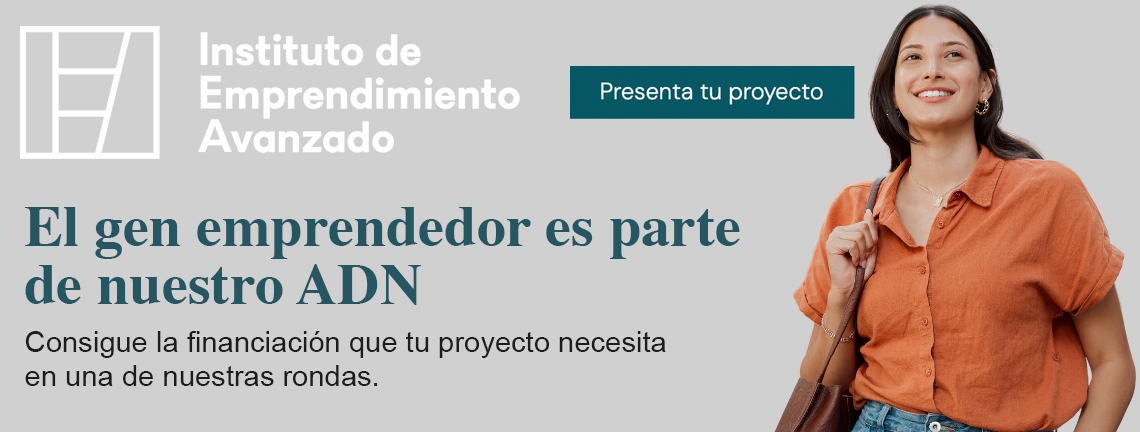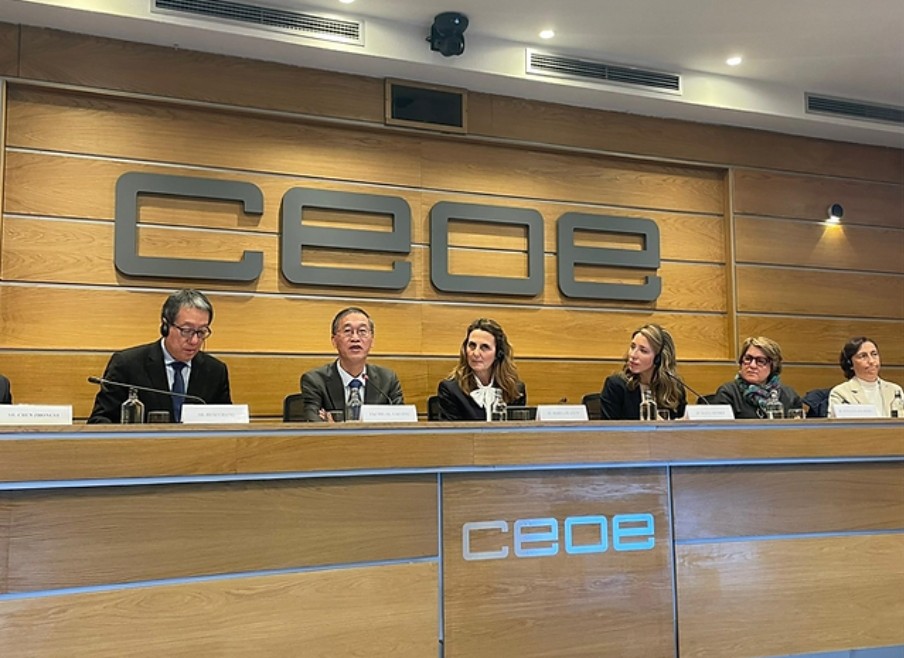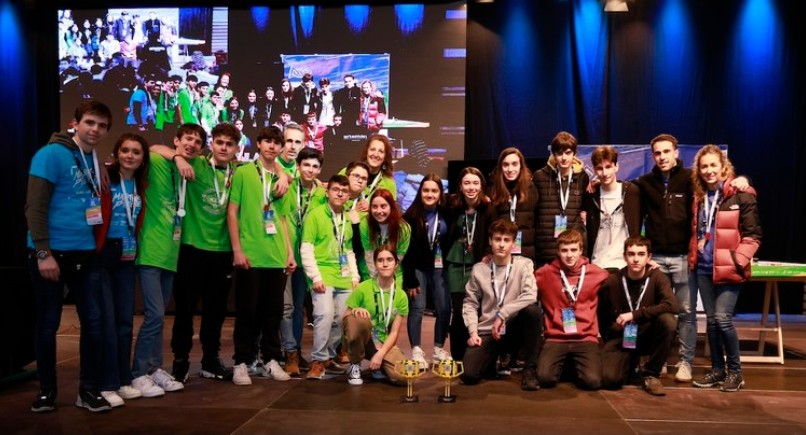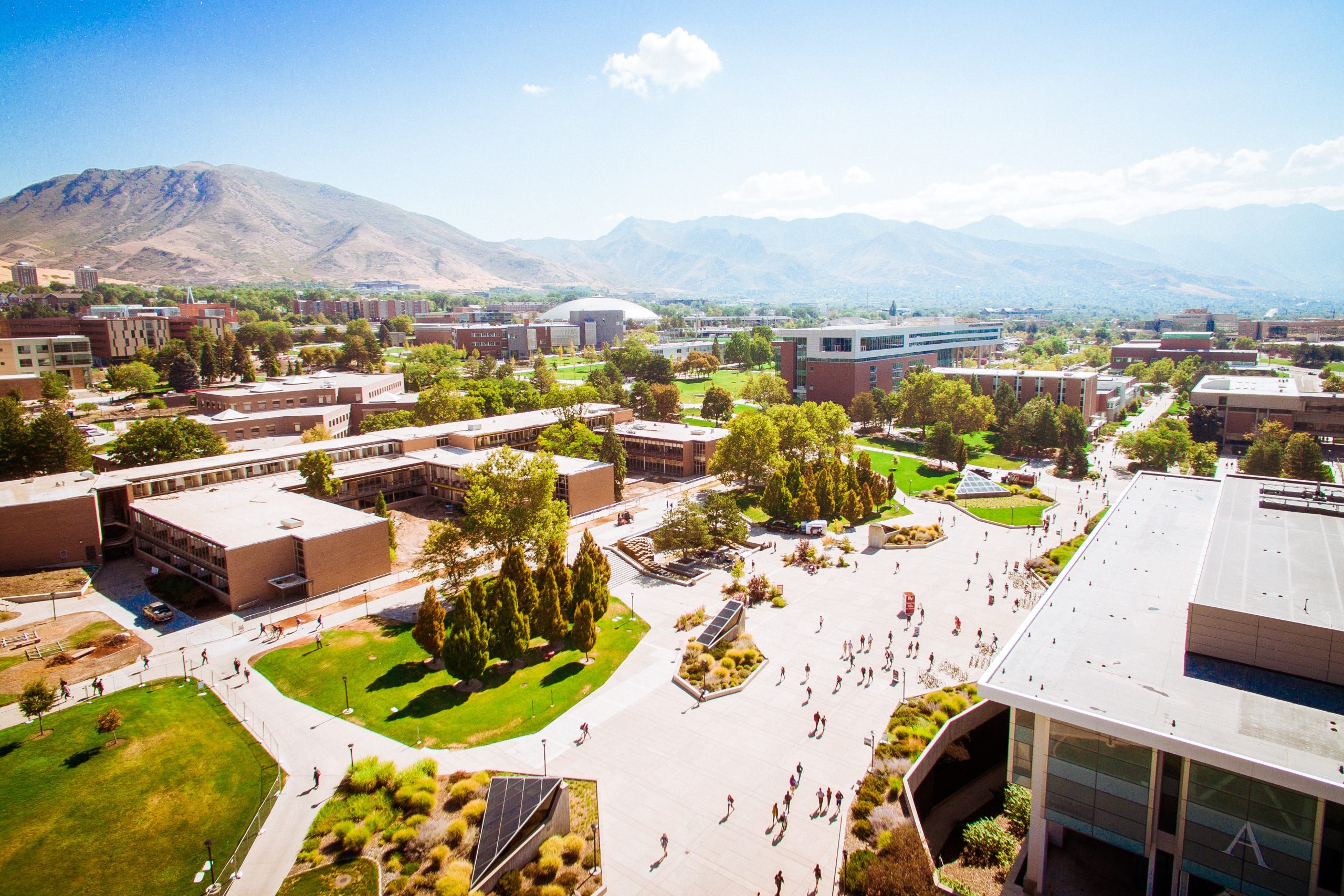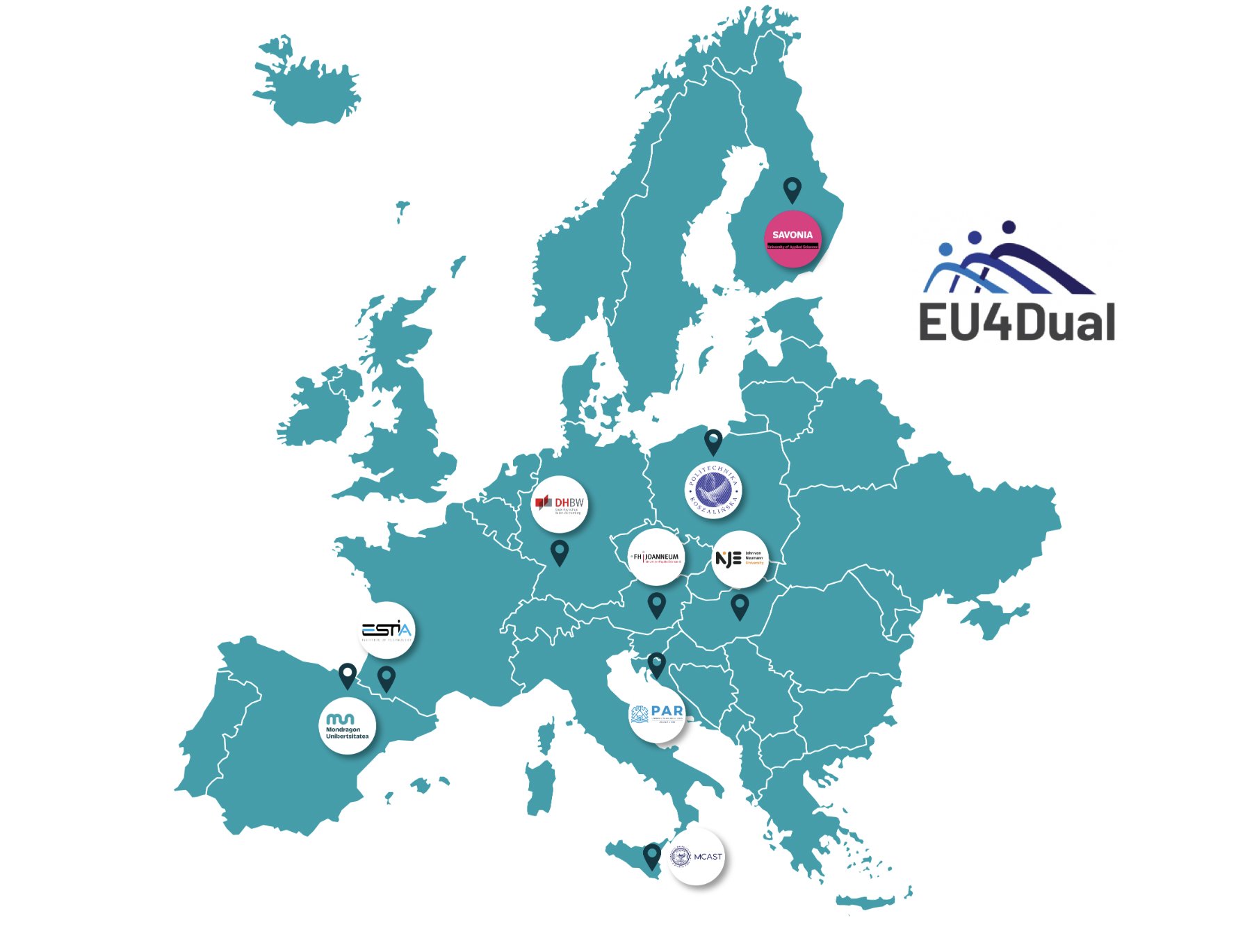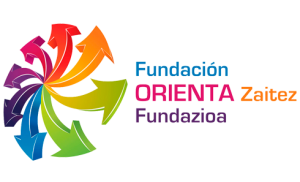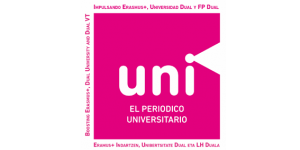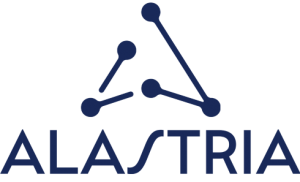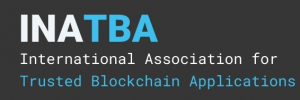The Department of Education of Navarra presented on March 26 the offer of vocational training cycles for the 2021-2022 academic year, an offer that grows in 24 groups, will have 5,525 new students in the first year (17% more), and will have 139 different degrees. The offer increases by 990 new places, distributed in 12 new cycles of Middle Grade (ten face-to-face and two online), six bilingual Higher Degree cycles, a Higher Degree in modular offer, five specialization courses and two units of Special FP in the centers IES Toki Ona de Bera and IES Ribera del Arga de Peralta / Azkoien.
Registrations for access to Vocational Training courses will follow the following calendar: from 10 to 21 May for Special Vocational Training cycles; from May 17 to 26 for cycles of Middle Grade, Higher Grade and Specialization courses; from 2 to 11 June for Basic Vocational Training and Sports Education of Special Regime and from 22 to 29 June for Online Vocational Training.
The Minister of Education, Carlos Gimeno, and the General Director of Vocational Training, Tomás Rodríguez Garraza, presented the educational offer, in which the Counselor Gimeno stressed that “it has an unprecedented growth in the number of cycles and in the incorporation of new cycles, as well as in professional families and in the different types of format (modular, bilingual and postgraduate programs). It is, in addition, a territorially balanced offer and with an important commitment to inclusion, through the effort made for growth in Grado Medio, as well as especially outside the area of Pamplona / Iruña”.
Specialties and languages
The offer follows in the wake of the Strategic Plan 2017-2020 and with the guidelines of the European Union, the European Agenda 2030 and marks the way for an upcoming Strategic Plan. For this reason, a “great commitment” is made to digital transformation, the offer of cycles in English and for the first time postgraduate courses in Vocational Training are implemented through specialization courses, with degrees as innovative as: the internet of things, additive manufacturing, cybersecurity, big data or cell cultures. This specialized training is aimed at graduates of higher vocational training.
The Autonomous Community joins the promotion of the incorporation of English in VET teaching, following the example of the countries of the European Union. This new training modality will safeguard the learning of the core subjects of their respective training cycles and, in turn, will respond to the demand of the productive sectors of the need for knowledge of languages in VET graduates. With the new bilingual offer and transformation of some existing cycles, more than 360 students will be able to develop their training partially in English.
During the presentation of the offer, the Minister of Education, Carlos Gimeno, stressed that it is “the best offer of VET training cycles ever made until now” and has described it as “novel, powerful, balanced, inclusive and with a special treatment to the digital transformation”. The counselor Gimeno cited in particular the bilingual cycles with reinforcement of languages and stays abroad and has highlighted the new offer of specialization cycles, the so-called VET master’s degree.
In addition, he recalled that throughout the next academic year 2021-2022 the Department of Education, in collaboration with the Ministry of Education and Vocational Training, will implement in the Vocational Training centers of the Navarre network a total of 6 classrooms of applied technology and 9 classrooms of entrepreneurship, which will become 22 and 36, respectively, by 2024. The applied technology classrooms (ATECA) will be distributed in each and every one of the VET centers and the entrepreneurship classrooms (AE) will be implemented organized by professional families.
Special mention was made by the counselor Gimeno for the 2+3 Talent Plan by which, for the first time, the students of the Higher Degree cycle of Administration and Finance, will hold in three years the university degree of Business Administration and Management. And in general, we are working with universities to increase the recognition in university studies of credits taken in vocational training.
For his part, the general director of FP, Tomás Rodríguez Garraza, stressed “the importance of digital transformation, the novelty and power of specialization courses, bilingual offers and the increase in offer in middle grade cycles”. To which he added that, “this increase seeks to respond to the perception of citizenship towards vocational training that is consolidated as an option for success in the training trajectory of young Navarrese”.

